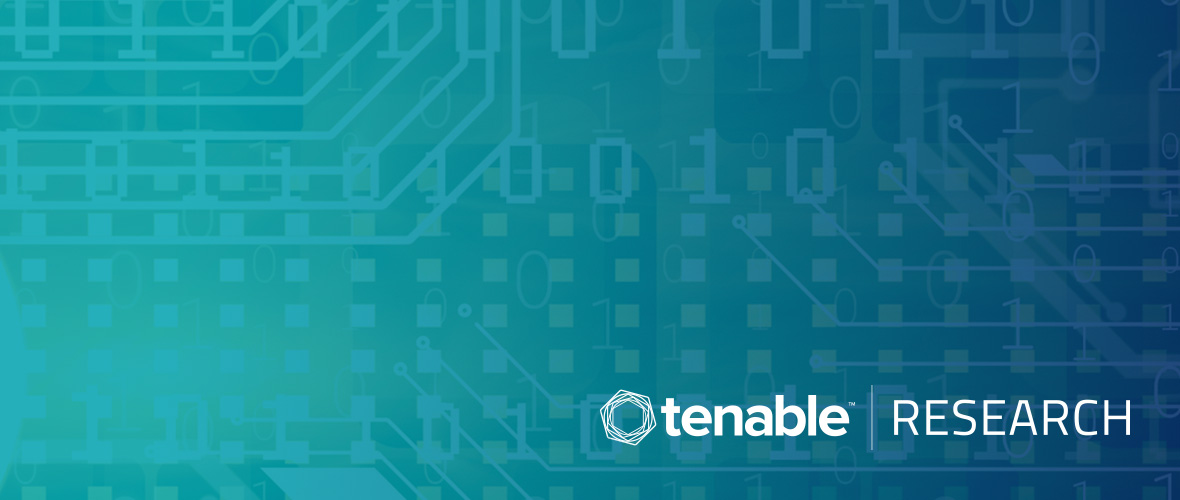
Every month, we ask our researchers to nominate a vulnerability of the month. Novelty, sophistication or just plain weirdness are some of the potential criteria for selecting a vulnerability of the month. After the nominations are collected, the candidates are shortlisted and voted on by our 70-plus-member research organization, combining the total experience and knowledge of Tenable Research to identify the vulnerability of the month.
Background
In mid-March, Samba released an advisory on two critical vulnerabilities. One of these, CVE-2018-1057, allows unprivileged users to change any user password including privileged service and admin user accounts. Researcher Björn Baumbach from SerNet is credited with discovering this vulnerability.
What makes this the vulnerability of the month?
Samba administrators were likely eager to mitigate this vulnerability in mid-March based on the serious implications of CVE-2081-1057 and the other vulnerability included in the patch release. Samba is free, open-source software for file and print services that helps integrate Linux/Unix servers and desktops into Active Directory environments. These qualities have made Samba very popular with widespread prevalence, meaning any vulnerabilities in Samba have potentially wide-reaching impact. One common application of Samba is to provide file and printer sharing services for Linux-based network attached storage (NAS) and storage area network (SAN) systems. Samba file servers can store diverse data, including sensitive data, personally identifiable information and intellectual property.
CVE-2081-1057, in particular, has both accidental and malicious implications. On the accidental, potentially mischievous side, authenticated users could change their coworkers’ passwords, locking them out as a fun office prank.
More seriously, malicious attackers who have gained any legitimate credentials, for example via social engineering, can change the passwords of admin and domain controller accounts and thereby take control of them, escalating their privileges. Using a simple phishing campaign, coupled with this vulnerability, an attacker could navigate through targeted environments horizontally and vertically throughout the organization with minimal effort.
However, attackers don’t have to rely on social engineering or phishing to leverage this vulnerability. Once a machine has been compromised, it can be leveraged to interact with Samba Active Directory Domain Controller (AD DC) and allow the attacker to access accounts with similar or increased permissions.
Vulnerability details
According to the advisory, in all versions of Samba AD DC from 4.0.0 onward, the Lightweight Directory Access Protocol (LDAP) server incorrectly validates permissions to change passwords. This allows authenticated users to change other users' passwords, including administrative users and DCs.
The advisory specifies that “the LDAP server incorrectly validates certain LDAP password modifications against the ‘Change Password’ privilege, but then performs a password reset operation.”
Samba released a patch for Samba versions 4.7.6, 4.6.14 and 4.5.16 and outlined a few workarounds, including revoking change password rights “for 'the world' from all user objects (including computers) in the directory, leaving only the right to change a user's own password.”
Additional resources
- Threat Post Samba Patches Two Critical Vulnerabilities in Server Software
- Samba CVE-2018-1057 FAQ
- Samba Security Releases
- Learn more about Tenable.io®, the first Cyber Exposure platform for holistic management of your modern attack surface
- Get a free, 60-day trial of Tenable.io; Vulnerability Management